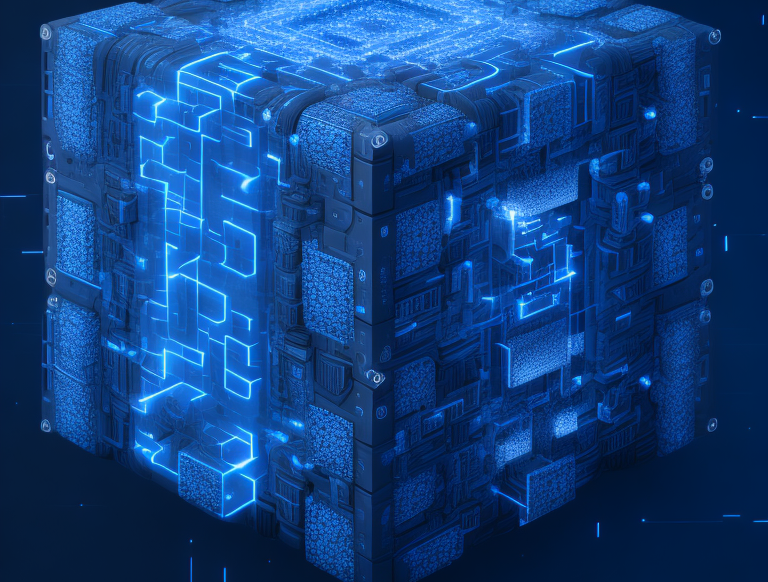Location Intelligence: Harnessing the Power of Geospatial Data

January 02, 2024
Location intelligence is a field of study that leverages geospatial data to gain insights and make informed decisions. With the proliferation of GPS-enabled devices and the rise of the Internet of Things (IoT), the amount of geospatial data generated everyday has skyrocketed. This data, when analyzed properly, can provide valuable insights into patterns and trends, and help businesses and organizations make more informed decisions.
One of the key applications of location intelligence is in the retail industry. Retailers can use location data to understand where their customers are coming from, how they move through their stores, and what products they are interested in. This information can be used to optimize store layouts, identify potential new store locations, and develop targeted marketing campaigns. For example, a retailer could analyze data on customer foot traffic to determine which products are most popular in different parts of the store, and then place those products in high-traffic areas to drive sales.
Another application of location intelligence is in the field of urban planning. Governments and city planners can use geospatial data to understand the movement of people and goods within a city, identify areas with high traffic congestion, and develop plans to reduce congestion and improve transportation efficiency. This information can also be used to identify areas with high environmental risks, such as flooding or air pollution, and develop plans to mitigate those risks.
Location intelligence is also becoming increasingly important in the field of public safety. Emergency responders, such as fire departments and police, can use geospatial data to quickly and accurately respond to emergencies. For example, they can use real-time traffic data to determine the fastest route to an emergency, or they can use historical crime data to identify areas with a high risk of crime and take preventative measures.
In addition to the applications mentioned above, location intelligence can also be used in a variety of other industries, such as real estate, insurance, and healthcare. In the real estate industry, for example, location data can be used to identify potential new development sites, understand the demographics of a potential market, and evaluate the potential return on investment of a new development.
The benefits of location intelligence are clear, but there are also challenges that must be addressed. One of the biggest challenges is ensuring the quality and accuracy of the geospatial data being used. Data can become outdated quickly, and errors in data can lead to incorrect conclusions and bad decisions. It is therefore essential to have systems in place to validate and update the data on a regular basis.
Another challenge is ensuring the privacy of individuals and businesses. Geospatial data can reveal sensitive information about individuals and organizations, and it is important to have privacy protections in place to prevent unauthorized access and misuse of the data.
Conclusion
Location intelligence is a powerful tool for organizations of all types, and it is only going to become more important as the amount of geospatial data generated continues to grow. By leveraging this data, organizations can gain valuable insights into their customers, operations, and the world around them, and make informed decisions that drive growth and success.
Editor:
David Sule
A highly skilled Software Engineer with a unique blend of expertise in Law and Information Technology. My enthusiasm for Information Technology goes beyond the corporate world, as I am driven by a strong desire to harness technology’s potential for the empowerment of underprivileged communities throughout Africa. Boasting 5 years of hands-on programming experience, my proficiency encompasses various facets of Software Development and multiple programming languages.
Recommended Articles
Achieving Sustainable Development Goals: A Comprehensive Guide
Sustainable development has become has become a critical concern in recent years, with countries now recognizing the urgent need to address this.
Blockchain Technology: A Comprehensive Guide
Blockchain technology is a revolutionary concept that has disrupted the traditional ways of storing and managing data. It was first introduced in 2008.

